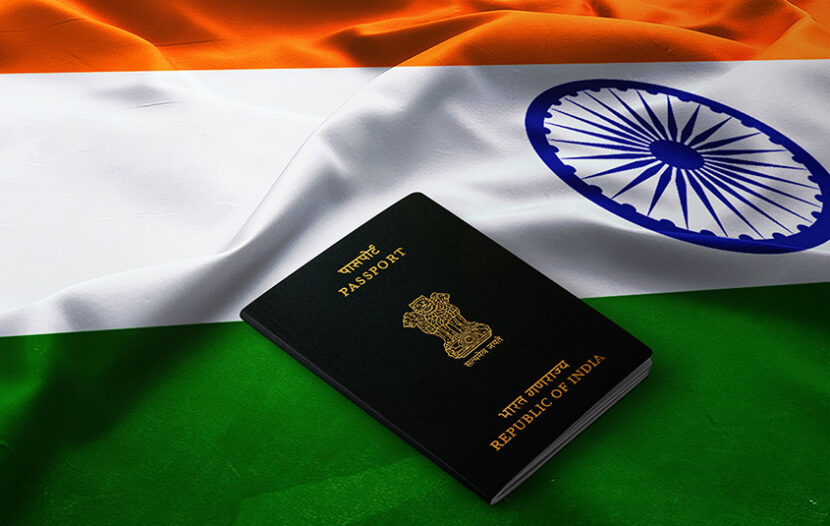TORONTO — It’s not just a pandemic that can put an instant stop to travel. Sometimes, as last year’s situation with India has proven, diplomatic relations between two countries can also put a wrench in travellers’ plans.
As reported in Travelweek, India halted all visa services for citizens of Canada in September 2023 in response to Prime Minister Justin Trudeau citing “credible allegations” of Indian involvement in the assassination of Sikh independence activist Hardeep Sing Nijar. Nijar had been wanted by India for years before he was gunned down last June outside the temple he led.
A month later, in October, India resumed processing what it called an entry visa for “persons of Indian origin,” or spouses or children of such persons or of Indian citizens. One month after that, in November, India finally restored electronic visa services for Canadian nationals, ending a two-month ordeal for those unable to visit family and friends during India’s wedding season.
With Canada home to approximately 1.4 million residents of Indian descent (according to the 2021 census), any suspension of Indian visa services would impact a sizeable number of people. In 2021 alone, 80,000 Canadians visited India, making them the fourth-largest group, according to India’s Bureau of Immigration.
But could travel insurance have helped minimize the fallout for the many Canadian citizens who ended up cancelling their travel plans as a result of the diplomatic spat?
Jennifer Waver, AVP, Head of Travel Distribution at Manulife, tells Travelweek:
“Travel insurance is intended to cover unforeseen events. When changes to entry requirements occur, they become ‘known events’, which can trigger an exclusion to certain covered risks identified in your policy, such as the non-issuance of travel visas.
“Fortunately, Manulife Travel Insurance policies provide coverage under trip cancellation and interruption if an insured cannot obtain a travel visa for a reason that is beyond their control. In general, if the policy is purchased prior to the event occurring, the insured will be covered. Coverage can include reimbursement for all non-refundable costs if the insured must cancel their trip due to not obtaining the proper entry requirements.”
When asked what she wants travellers to know about travel insurance if another suspension of visa services were to occur, either with India or another country, Waver says first and foremost, always travel protected.
“This starts with purchasing travel insurance as soon as the booking is made. Realizing the value of travel insurance is something we constantly emphasize with our travel partners,” she says. “It’s about understanding the risks that can jeopardize a dream vacation, even months before it begins, and selling the right plan that will protect individuals if the unexpected occurs.”

